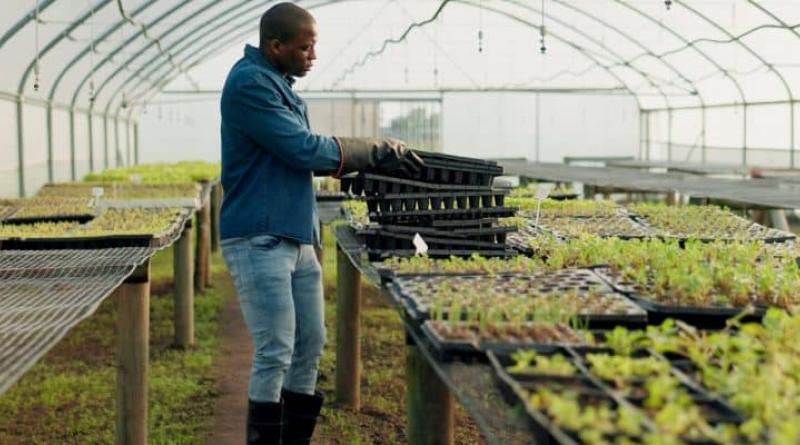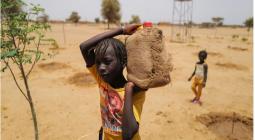Senegal to launch a national fund to promote the green economy

Senegal is preparing to launch a national fund to promote the green economy, which will invest in agriculture, waste management and biodiversity in order to reduce the environmental impact of activities in these areas.
According to the Third National Communication on Climate Change in Senegal, 49% of greenhouse gas emissions come from the agricultural sector, 40% from energy, 7% from waste and 4% from industrial processes. This is equivalent to 1.2 tonnes of CO2 emissions per capita for a population of 17 million.
Senegal’s Minister for the Environment and Ecological Transition is not happy about these figures. To remedy the situation, Daouda Ngom is preparing to set up a national fund to promote the green economy, designed to “boost ecological investment in high-carbon-emission economic sectors”. The future fund will give priority to financing energy efficiency in large-scale projects.
It will also enable the establishment of a regulatory framework “involving greater responsibility on the part of local authorities and the installation of modern waste treatment infrastructures”, as reported by our colleagues at the Agence de presse sénégalaise (APS). The National Fund for the Promotion of the Green Economy will also focus on biodiversity, which is often overlooked when it comes to carbon neutrality.
But before investing in this sector, which is at the heart of the 14th and 15th Sustainable Development Goals (SDG14 and SDG15 on preserving marine and terrestrial ecosystems), Minister Ngom and his teams are planning to update and strengthen the National Biodiversity Conservation Strategy. This will make it possible to collect scientific data on the country’s natural heritage so as to optimise any green investments. For the moment, there is no information on the size of the new fund or how it will be managed.





